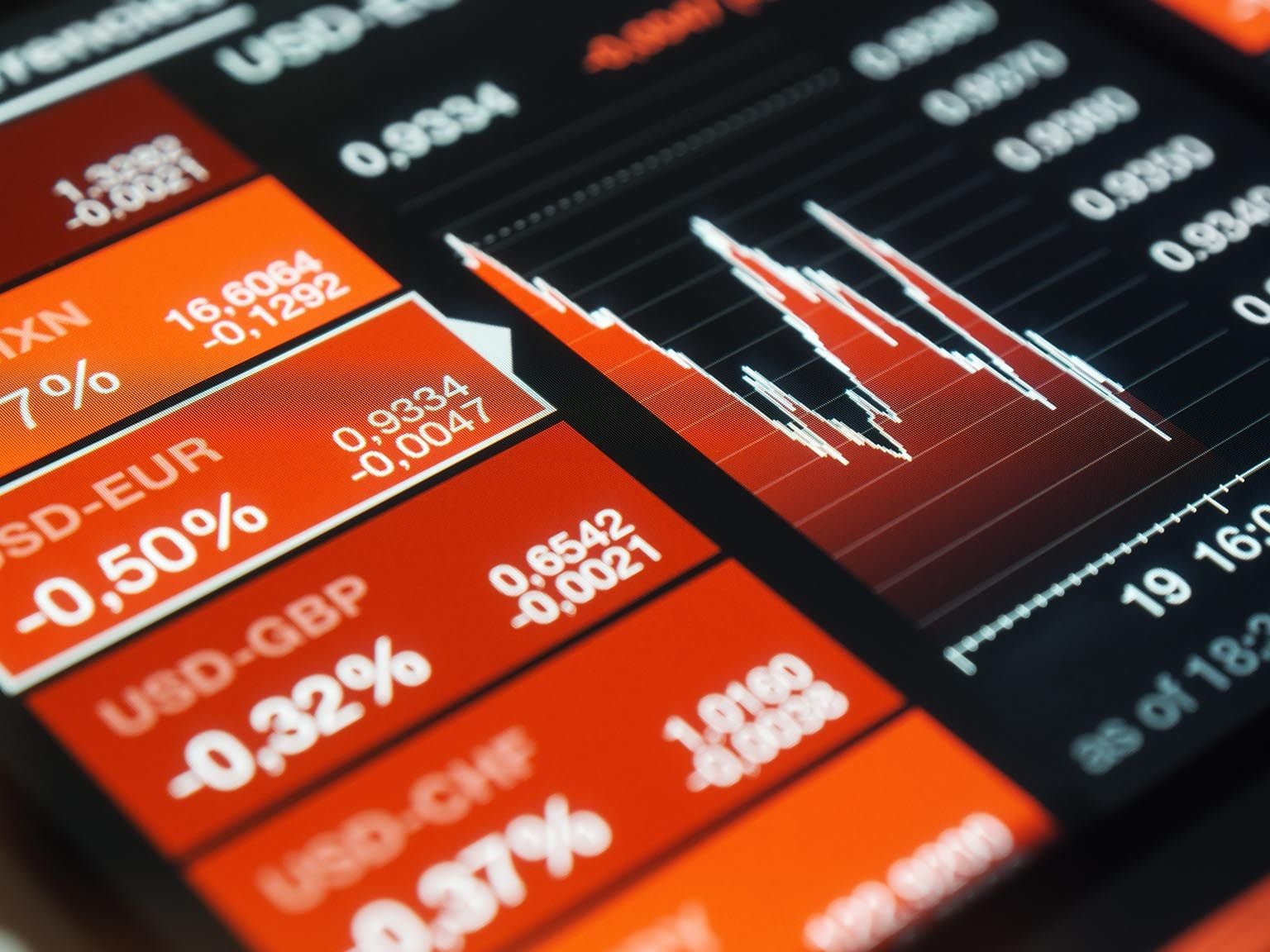U.S. Consumer Confidence Data, Alibaba Boost Markets

Image © Adobe Images
With banking worries put on the back burner for now, with no further stresses in the system emerging, investors’ appetite for a bit more risk is returning.
Consumer confidence in the US hasn’t been badly knocked, despite the ferocious speed of bank runs.
The Conference Board's consumer confidence index rose to 104.2 in March from a reading of 103.4 in February, beating expectations.
Low unemployment and widespread vacancies are likely to have kept the general mood more buoyant, with bigger ticket items like cars and fridges on shopping lists.
However, with an eye on interest rates lingering higher for longer many consumers plan to scale back discretionary spend on going out.
With consumer resilience again shining through, there are growing expectations that the Federal Reserve may hike interest rates again at the next meeting, but it’s still believed to be close to the summit of peak rates, particularly as banking lending is expected to tighten, causing a drag on the economy.
Alibaba’s planned super-split into six separate divisions has lifted in China’s tech sector, helping a wave of positivity to wash over markets.
The expectation is that other big Chinese tech giants could make similar moves, helping to potentially unlock more value, and aligning with authorities’ demands for greater competition as it ramps up its anti-trust drive.
Expectations for higher demand for energy in China is helping keep the oil price ticking back up, with Brent hovering just under $79 a barrel.
Prices have also been boosted by a bigger than expected decline in US crude stocks, which dropped by 6.1 million barrels last week.
The FTSE 100 has opened higher, with no big runaway moves higher in early trading, but overall sentiment has been boosted by the quelling of banking worries.
That’s helping offset a big fall for Next, after it reiterated guidance that sales would fall 1.5% this year and for profits to fall.
Hopes that a magic wand might materialise to dramatically improve the retailer’s fortunes have ebbed away, but there will be relief for shoppers that further price hikes in clothing costs will be more muted.

